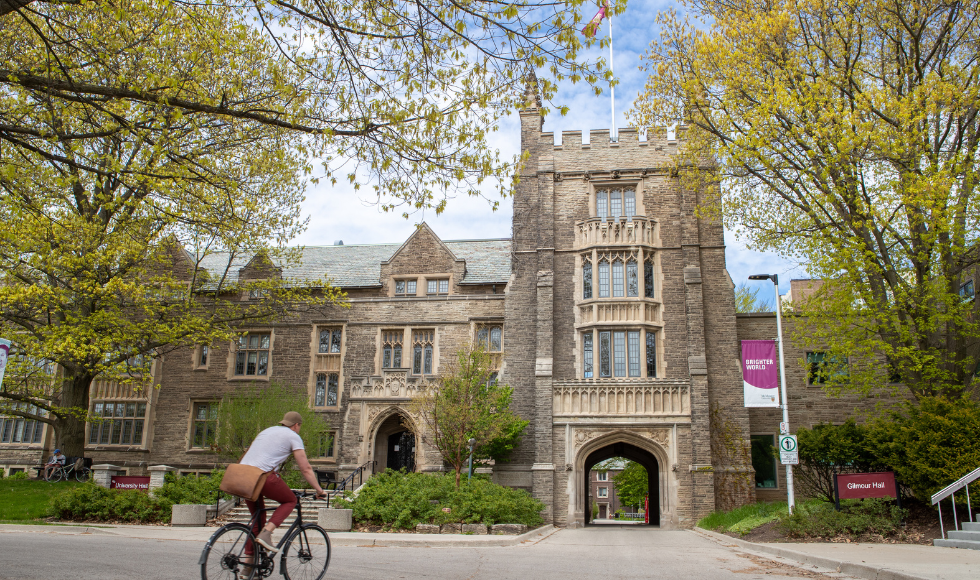McMaster’s strategic plan refresh: Have your say

McMaster has engaged Higher Education Strategy Associates to help refresh the university’s current strategic plan. In the coming days, McMaster faculty, staff and students will receive a survey asking for input on the future direction of the university.
From the implementation of the equity and inclusion, sustainability, teaching and learning and Indigenous strategies, to the establishment of the Global Nexus School for Pandemic Prevention and Response, to improvements in HR and IT operations, McMaster has made significant progress in achieving the goals set out in its current strategic plan.
Now, the university is undertaking a refresh of that plan, extending it by two years and establishing key performance indicators to more effectively measure the plan’s progress.
McMaster has engaged Higher Education Strategy Associates (HESA) to assist in the refresh, which will build on the five key institutional priorities outlined in the current strategic plan. Those priorities include inclusive excellence; teaching and learning; research and scholarship; engaging local, national, Indigenous and global communities; and operational excellence.
“A refreshed strategic plan will allow us to maintain the momentum we’ve built as a university over the past four years and lay the groundwork for a smooth transition for our next president,” says McMaster President David Farrar, whose term as president ends in June 2025.
Have your say on the future of McMaster
To date, HESA has engaged members of senior leadership at McMaster in consultations including vice-presidents, the deans of all six Faculties, and leaders in many areas across the university.
The next step in the consultation process is to engage the McMaster community through a survey that will be sent to faculty, staff and students via email in which they will be asked to provide input on how they think McMaster should move forward in the coming years.
“It’s imperative that we hear from the McMaster community on the future direction of our university,” says Farrar. “I hope faculty, staff and students will help inform our refreshed strategic plan by taking time to share their valuable insights and ideas.”
The survey will be shared in coming days with a completion deadline of May 7, 2024.
A track-record of achievement
Guided by McMaster’s current strategic plan, the university has accomplished much over the past four years, including:
- The establishment of the Global Nexus School for Pandemic Prevention and Response to accelerate McMaster’s world-class infectious disease research
- The implementation of McMaster’s first Digital Learning Strategy and Artificial Intelligence guidelines, creating innovative new opportunities for both faculty and students in the digital learning space
- The hiring of 18 Black faculty members across all disciplines as part of the Black Faculty Hiring Initiative
- The launch of the McMaster Seed Fund to support aspiring entrepreneurs on campus, and accelerate the commercialization of research
- The creation of the Indigenous Studies Department and Master’s program to support Indigenous scholarship and education
Other accomplishments include the implementation of McMaster’s first Equity, Diversity and Inclusion Strategy, the launch of the Partnered in Teaching and Learning Strategy, the completion of the IT Strategic plan, the implementation of the recommendations from the HR Review, and the development and launch of a university-wide Sustainability Strategy to advance McMaster’s net-zero carbon roadmap.
“I am proud of what we have accomplished as a community over the past four years,” says Farrar. “As we continue to build for the future, I look forward to even greater successes in the years ahead.”


